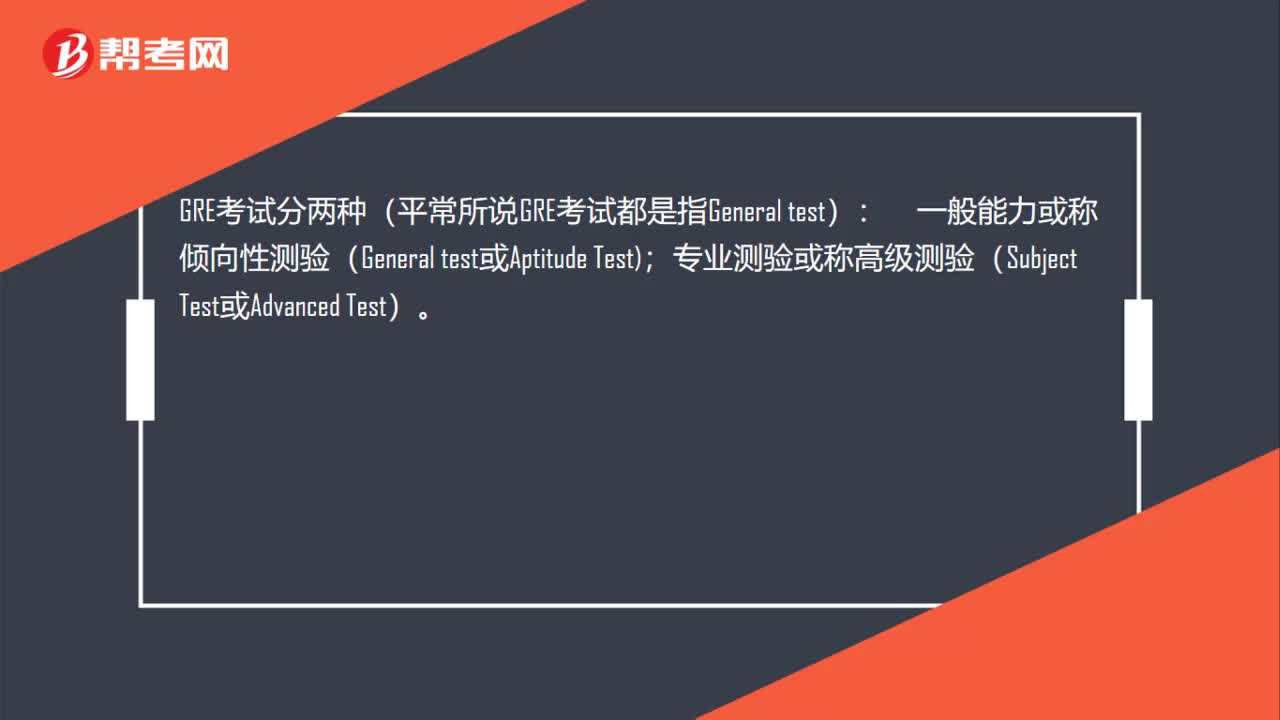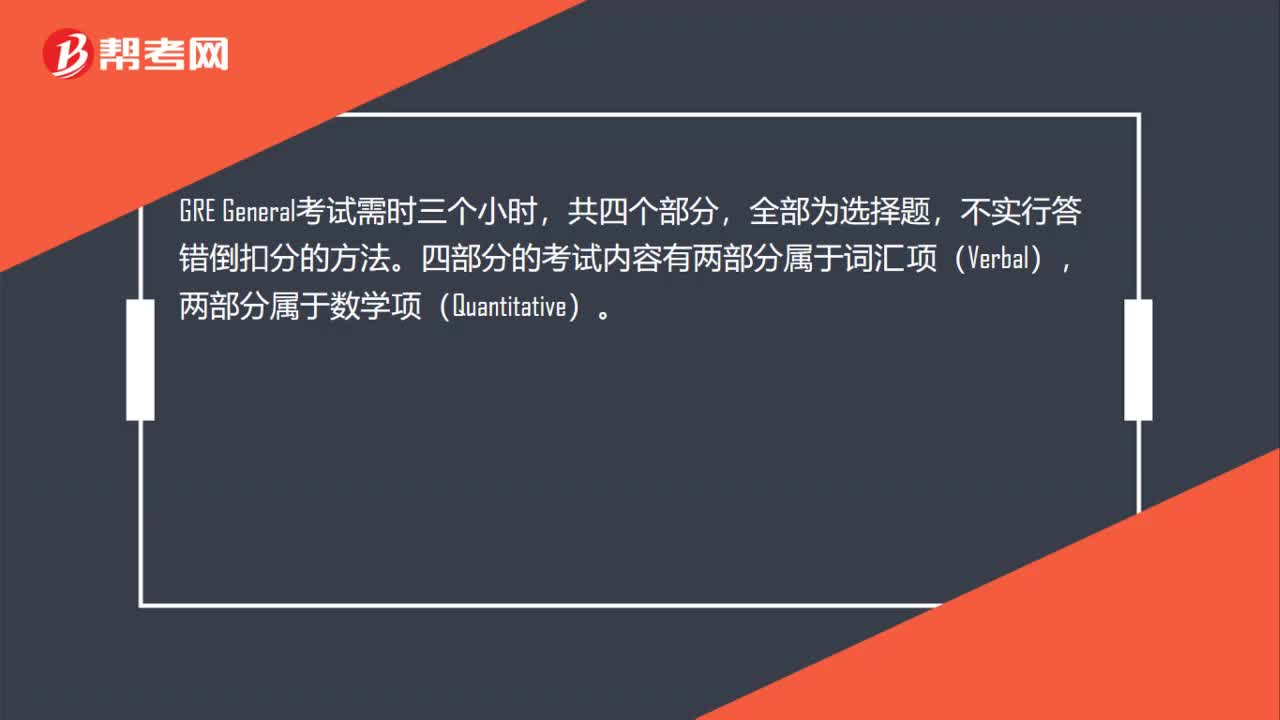
下载亿题库APP
联系电话:400-660-1360

下载亿题库APP
联系电话:400-660-1360

请谨慎保管和记忆你的密码,以免泄露和丢失

请谨慎保管和记忆你的密码,以免泄露和丢失

"There are two types of laws: just and unjust. Every individual in a society has a responsibility to obey just laws and, even more importantly, to disobey and resist unjust laws."
According to this statement, each person has a duty to not only obey just laws but also disobey unjust ones. In my view this statement is too extreme, in two respects. First, it wrongly categorizes any law as either just or unjust; and secondly, it recommends an ineffective and potentially harmful means of legal reform.
First, whether a law is just or unjust is rarely a straightforward issue. The fairness of any law depends on one's personal value system. This is especially true when it comes to personal freedoms. Consider, for example, the controversial issue of abortion. Individuals with particular religious beliefs tend to view laws allowing mothers an abortion choice as unjust, while individuals with other value systems might view such laws as just.
The fairness of a law also depends on one's personal interest, or stake, in the legal issue at hand. After all, in a democratic society the chief function of laws is to strike a balance among competing interests. Consider, for example, a law that regulates the toxic effluents a certain factory can emit into a nearby river. Such laws are designed chiefly to protect public health. But complying with the regulation might be costly for the company; the factory might be forced to lay off employees or shut down altogether, or increase the price of its products to compensate for the cost of compliance. At stake are the respective interests of the company's owners, employees, and customers, as well as the opposing interests of the region's residents whose health and safety are impacted. In short, the fairness of the law is subjective, depending largely on how one's personal interests are affected by it.
The second fundamental problem with the statement is that disobeying unjust laws often has the opposite affect of what was intended or hoped for. Most anyone would argue, for instance,that our federal system of income taxation is unfair in one respect or another. Yet the end result of widespread disobedience, in this case tax evasion, is to perpetuate the system. Free-riders only compel the government to maintain tax rates at high levels in order to ensure adequate revenue for the various programs in its budget. 14
Yet another fundamental problem with the statement is that by justifying a violation of one sort of law we find ourselves on a slippery slope toward sanctioning all types of illegal behavior, including egregious criminal conduct. Returning to the abortion example mentioned above, a person strongly opposed to the freedom-of-choice position might maintain that the illegal blocking of access to an abortion clinic amounts to justifiable disobedience. However, it is a precariously short leap from this sort of civil disobedience to physical confrontations with clinic workers, then to the infliction of property damage, then to the bombing of the clinic and potential murder.
In sum, because the inherent function of our laws is to balance competing interests, reasonable people with different priorities will always disagree about the fairness of specific laws. Accordingly, radical action such as resistance or disobedience is rarely justified merely by one's subjective viewpoint or personal interests. And in any event, disobedience is never justifiable when the legal rights or safety of innocent people are jeopardized as a result.
 37
37GRE考试有几种类型?:GRE考试有几种类型?GRE考试分两种(平常所说GRE考试都是指General test):一般能力或称倾向性测验(General test或Aptitude Test;专业测验或称高级测验(Subject。Test或Advanced Test)
 44
44GRE考试一般要准备多久?:GRE考试一般要准备多久?这个因人而异。如果已经考过托福基础比较好的话,复习一两个月也能考到比较满意的分数。如果基础不是很好,就得集中时间大量突破,兵贵速不贵久。GRE的战线拖得太长也不好,后期会很疲累,一般来说六至八个月可以了,后面多加两个月可以增加信心分。
 38
38GRE考试需要几个小时?:GRE考试需要几个小时?GRE General考试需时三个小时,共四个部分,全部为选择题,不实行答错倒扣分的方法。四部分的考试内容有两部分属于词汇项(Verbal),两部分属于数学项(Quantitative)。